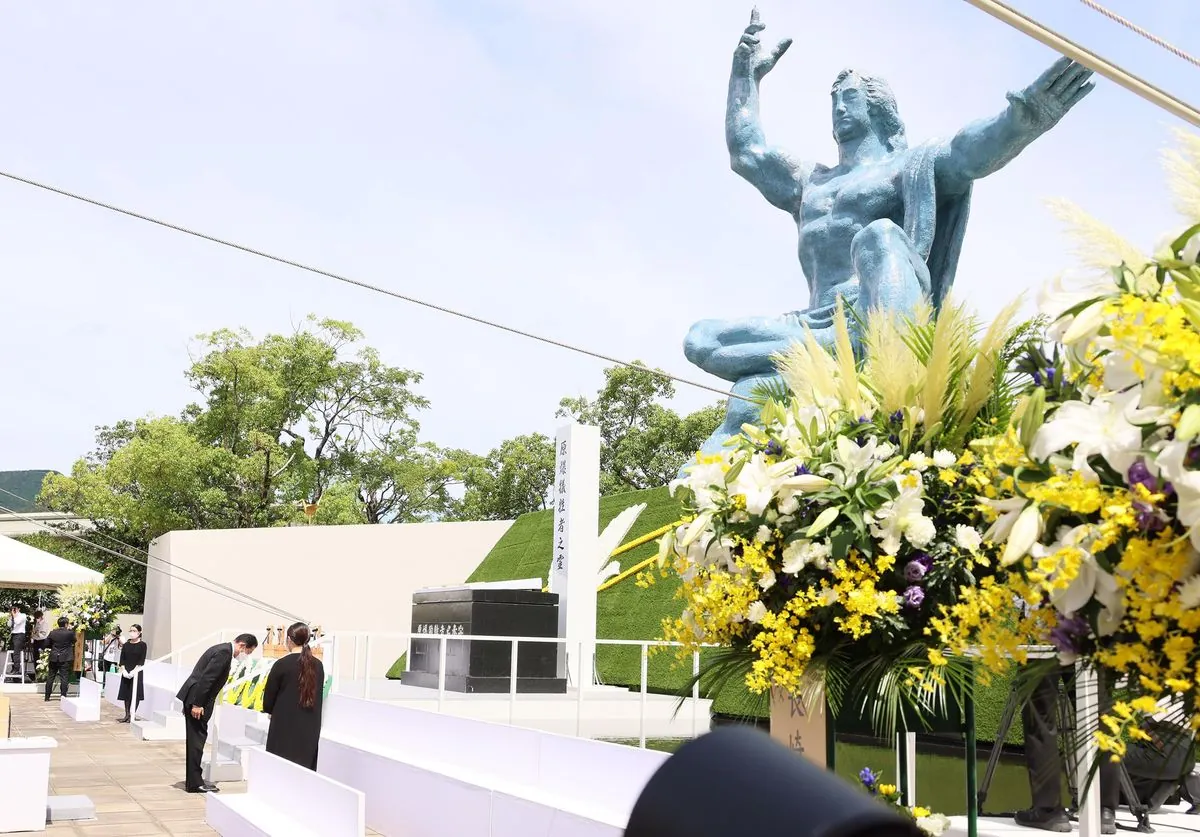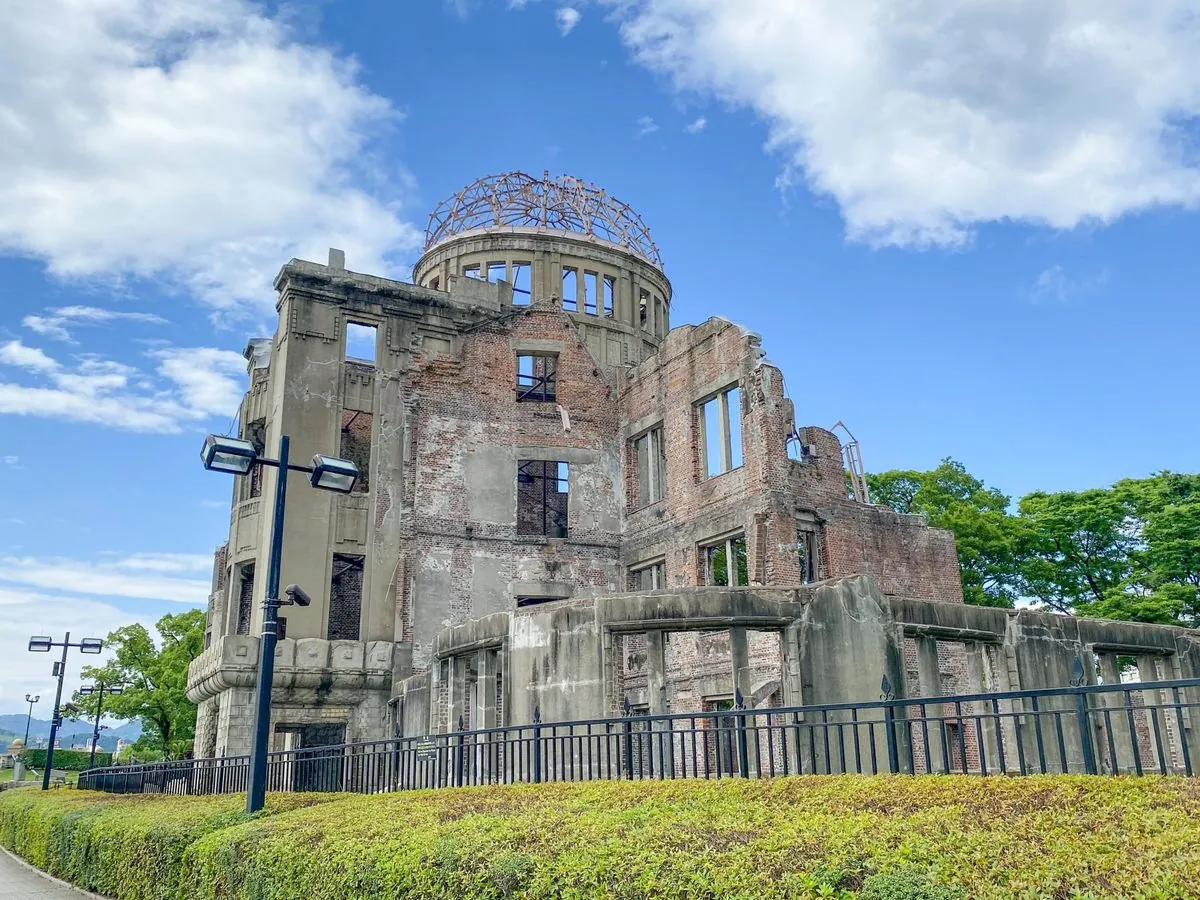U.S. Ambassador Skips Nagasaki Memorial Amid Israel Exclusion Controversy
U.S. Ambassador Rahm Emanuel will not attend Nagasaki's atomic bombing memorial due to Israel's exclusion. The decision has sparked diplomatic tensions, with other nations also reconsidering their participation.

In a recent development, Rahm Emanuel, the U.S. Ambassador to Japan, has decided to forgo the annual atomic bombing memorial service in Nagasaki. This decision comes in response to the city's choice not to extend an invitation to Israel for the event, scheduled for August 9, 2024.
The U.S. Embassy has stated that Emanuel will instead pay tribute to the victims at a Buddhist temple in Tokyo, citing the "politicization" of the Nagasaki ceremony as the reason for his absence. This move highlights the delicate balance between historical commemoration and current geopolitical considerations.
Nagasaki Mayor Shiro Suzuki explained the decision to exclude Israel, expressing concerns about potential disruptions to the ceremony's peaceful atmosphere. This stance contrasts with Hiroshima's approach, which included the Israeli ambassador among its 50,000 attendees at its memorial event on August 6, 2024.
The atomic bombings of Hiroshima and Nagasaki in August 1945 marked a turning point in world history. The immediate and long-term effects of these events continue to shape global discussions on nuclear disarmament and peace.

The controversy surrounding Israel's exclusion has led to diplomatic tensions. Representatives from G7 nations and the European Union have expressed their concern in a joint letter, urging Nagasaki to reconsider its decision. As a result, these countries are expected to send lower-ranking envoys to the ceremony.
Julia Longbottom, the British Ambassador to Japan, has also indicated her intention to skip the Nagasaki event, suggesting that Israel's exclusion could send an unintended message.
"We hope to honor the atomic bomb victims in a peaceful and solemn atmosphere."
This situation underscores the complex interplay between historical remembrance and contemporary international relations. As cities like Hiroshima and Nagasaki continue to serve as powerful symbols of peace and nuclear disarmament, their annual memorial ceremonies remain significant on the global stage.
The ongoing debate surrounding the Nagasaki ceremony reflects broader discussions about inclusivity, diplomacy, and the role of historical commemoration in addressing current geopolitical challenges. As the world approaches the 79th anniversary of these tragic events, the importance of fostering dialogue and understanding remains paramount in the pursuit of global peace and nuclear disarmament.


































